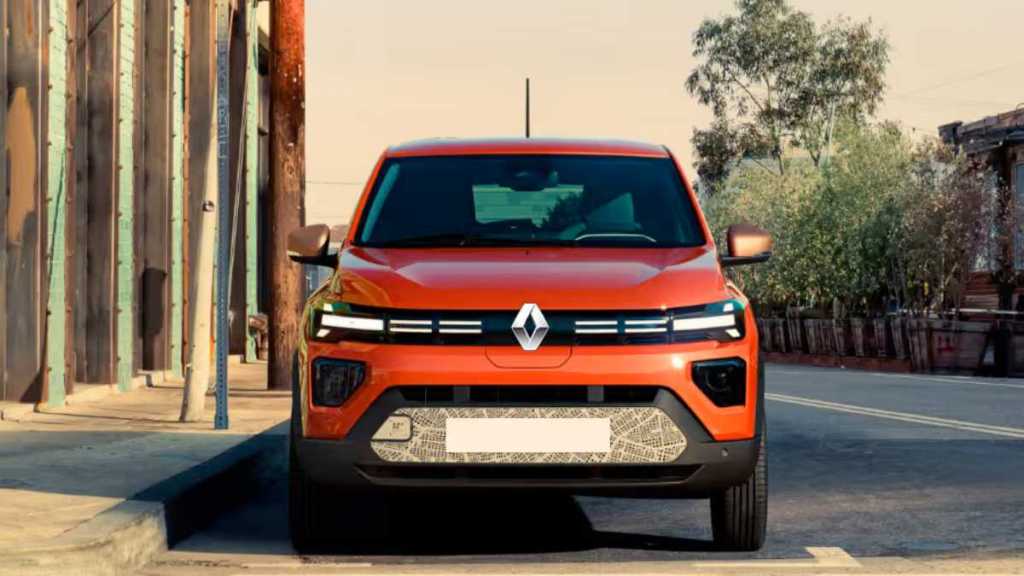Renault has announced its plans for India and they are serious. Apart from launching new vehicles and giving the existing lineup a facelift, Renault will also be looking at cleaner powertrain options such as EVs and hybrids. So what’s stopping a major European brand from launching vehicles with alternate powertrain options when the technology is already available?
Renault electric cars
Renault offers electric cars in the global markets and for India, Renault had plans of the Kwid with an electric powertrain. Having been showcased at the Auto Expo many years ago, the Kwid EV’s topic disappeared soon. Soon, the EV market picked up in India and Tata capitalised on this with mass-market EVs like the Tiago, Tigor, Punch, Nexon, and the Curvv.
For Renault, however, 2020 saw trouble. The first was its business in Russia, then followed by Covid. Renault took a hit and having recovered now, the company is looking at investing money and EVs are an option the company would explore.
“We are trying to get the optimum costs for the Indian customers,” says Venkatram Mamillapalle, the Country CEO and Managing Director of Renault India. For a country like India, value for money is a key factor and as the CEO says, the earlier vehicle (Kwid EV) was dependent on another model, and now the company has changed its strategy and is looking at a better version.
“There has been a delay, but it is coming,” says Mamillapalle. Also, as the CEO says, “Once you start with and EV, you cannot stop and one can only build on it.” Once the platform and powertrain are in place, the outer shell will change for more models.
Renault’s hybrid approach
For a massive market like India, a choice of powertrains helps sell more products, however, the limitation is the costs involved in development. However, for Renault, powertrain options are available when looking at the global market, but importing them is an expensive affair. With the move towards cleaner energy, technology has to come in and some manufacturers have already tasted success with hybrids — Maruti Suzuki and Toyota.
Renault is taking a similar approach as Francisco Hidalgo says, “We are convinced that hybrids are important in the future for India. We already have the technology and it has proven to be successful in Europe, so we are looking at that.” With a mixed approach of various powertrains instead of many ICE choices, Renault could potentially be holding the key to success in India.
